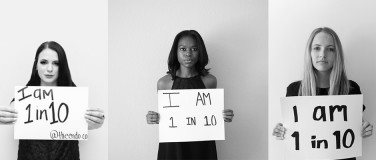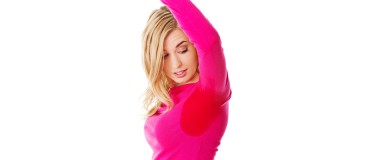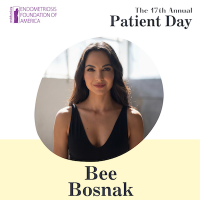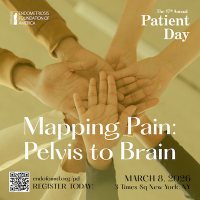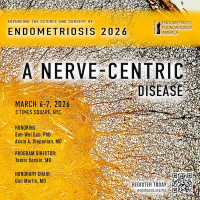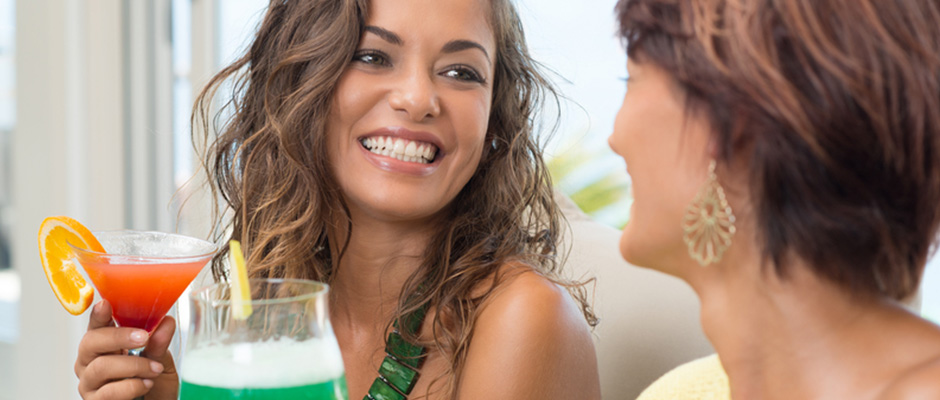
The end of a rough work day can often mean heading to a local happy hour to unwind with your besties. But for women with endometriosis, a carefree night out can become an agonizing internal war that leads to a self-induced guilt-fest that may leave one Googling later than night, “Am I making my endo worse by drinking?”
Dr. Angela Gonzalez, an Obstetrician and Gynecologist located in Tampa, Fla., advises women with endometriosis to stress less when it comes to hitting the cocktail bar, but to be careful not to over do it.
“For a patient with endometriosis, I would give the same recommendations as to any non-pregnant woman, which is no more than one drink a day,” Gonzalez tells The Blossom. “Alcohol use has been shown to increase estrogen levels in the body.”
Imbibing too much alcohol can overtax the liver and prevent it from properly filtering out toxins and estrogen. And while it’s been medically proven alcohol consumption affects a woman's hormones, Gonzalez emphasizes that if you choose to forego that Cosmopolitan at your pal’s wedding, or a glass of wine with dinner, it may, after all, have little to do with thwarting an endo episode.
“Many people believe that refraining from alcohol can prevent endometriosis flare-ups, however, there have been no studies to truly back this up,” adds Gonzalez. “And while there is evidence that there is an association between endometriosis and alcohol, it is unclear whether alcohol consumption makes the disease worse.”
While there is some debate over whether gluten-free beer and sulfite-free wines can be somewhat endo-friendly, Gonzalez cautions that there’s no one perfect adult beverage for women with endo.
“There have been some studies that resveratrol, a phytoestrogen, found in red wine in high doses can have anti-estrogen effects in mice,” Gonzalez says. But, she adds, "The amount of red wine you would need to consume to get the equivalent dose would be extreme.”



